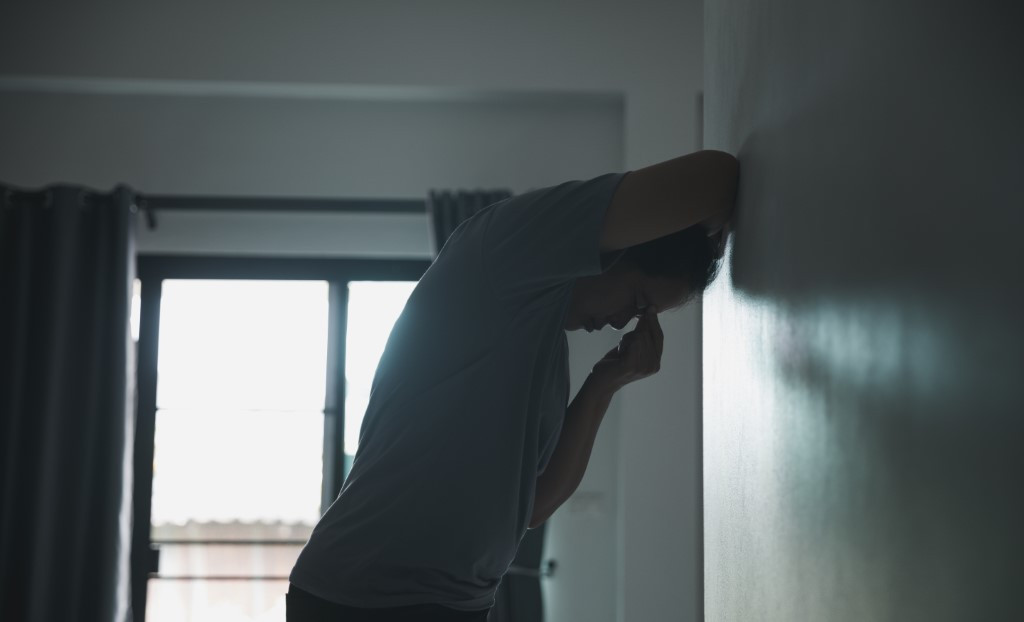Medication-Assisted Treatment In Rehabs

As you embark on the journey of understanding addiction and finding pathways to recovery, it’s crucial to recognize the diverse approaches available. Melody Beattie, renowned for her insights into co-dependency, emphasizes empathy, compassion, and understanding one’s feelings and experiences. With this compassionate lens, let’s delve into the role of Medication-Assisted Treatment (MAT) in rehabs.
While the road to recovery is unique for each individual, MAT can often offer the stability and balance some seek. Imagine walking on a tightrope; the medication acts as a safety net, giving you the assurance to tread confidently and overcome challenges.
Melody Beattie often stresses the importance of acknowledging feelings without judgment. In the realm of MAT, this translates to recognizing that some individuals may require this medical intervention to navigate the overwhelming emotions and cravings associated with addiction. For you or your loved ones, this doesn’t signify weakness or a lack of willpower; it’s about choosing a tool that offers the best chance at recovery.
South Africa, with its rich tapestry of cultures and backgrounds, presents unique challenges. Some communities may hold reservations about MAT due to misconceptions or cultural beliefs. It’s here that the Beattie approach resonates deeply. By embracing understanding and compassion, it’s possible to see MAT not as a crutch but as a bridge—connecting despair to hope, and addiction to a renewed sense of self.
Frequently Asked Questions:
Q: What exactly is Medication-Assisted Treatment (MAT)?A: MAT combines behavioral therapy and medications to treat substance use disorders. It aims to provide a holistic approach to recovery, addressing both the physical and emotional aspects of addiction.
Q: Does MAT replace other forms of therapy?A: No, MAT is intended to complement other treatment modalities. Think of it as one piece in the comprehensive puzzle of addiction treatment.
Q: How prevalent is MAT in South African rehabs?A: MAT is gaining traction in South Africa as awareness grows. However, its adoption varies across facilities, so it’s crucial to research and inquire about it when considering rehab options.
Q: Is MAT just substituting one drug for another?A: A common misconception, but no. MAT uses approved medications under supervised conditions to alleviate withdrawal symptoms and reduce cravings, supporting individuals in their recovery journey.
Q: What’s the primary objective of MAT?A: The goal is to improve patient survival, increase retention in treatment, and support individuals in living a life free from the debilitating effects of addiction.
Pros and Cons of The Role Of Medication-Assisted Treatment In Rehabs
When considering the realm of addiction treatment, Medication-Assisted Treatment (MAT) emerges as a pivotal topic, and like any approach, it comes with its benefits and limitations. As you weigh the options, understanding both sides can help you make informed decisions tailored to your unique circumstances.
Pros of Medication-Assisted Treatment:
- Alleviation of Withdrawal Symptoms: One of the primary benefits of MAT is its capacity to mitigate the often intense and debilitating withdrawal symptoms. If you or your loved one is facing the daunting prospect of detox, MAT can ease this phase, making the initial steps towards recovery more manageable.
- Reduction in Cravings: MAT often assists in curbing the strong cravings associated with addiction. For you, this means a reduced risk of relapse and a steadier path towards sobriety.
- Holistic Approach: MAT doesn’t function in isolation. When combined with behavioural therapy, it offers a comprehensive treatment plan, addressing both the physiological and psychological facets of addiction.
- Improved Treatment Retention: With the support of medication, many individuals find it easier to remain committed to their rehab programs. This boosts your chances of seeing the treatment through to its conclusion and achieving long-term sobriety.
- Safety and Supervision: The medications used in MAT are administered under the watchful eye of medical professionals. For you, this means a structured, monitored, and safe environment during your recovery journey.
Cons of Medication-Assisted Treatment:
- Potential for Misuse: Although MAT aims to support recovery, there’s a risk, albeit minimal, of developing a dependency on the very medications meant to assist. It’s crucial for you to be aware of this and work closely with professionals to ensure proper use.
- Stigma and Misunderstanding: As touched upon in the article, there can be misconceptions about MAT, especially in diverse communities. You might face skepticism or judgment, leading to feelings of isolation or defensiveness about your chosen treatment path.
- Not a Standalone Solution: While MAT offers multiple benefits, relying solely on it without integrating other therapeutic modalities might not yield the desired results. It’s essential to view MAT as part of a broader recovery strategy.
- Possible Side Effects: Like all medications, those used in MAT can have side effects. You’ll need to be vigilant about any changes in your health and communicate them to your healthcare provider.
- Accessibility and Cost: Depending on where you are in South Africa, accessing MAT can be a challenge. Moreover, the cost might be prohibitive for some, making it crucial to explore potential financial support or alternative treatment avenues.
Unbiased Analysis: The Role Of Medication-Assisted Treatment In Rehabs and Its Implications in Counselling
As you delve into the complex arena of addiction recovery, understanding the various facets of Medication-Assisted Treatment (MAT) and its position within the broader counselling context is invaluable. Let’s unpack the insights and implications from the last two articles, ensuring you’re equipped with a comprehensive perspective.
- Understanding MAT Beyond Medication: At its core, MAT is not merely about administering medication. It’s about integrating pharmacological interventions with behavioural therapies. If you’re considering MAT, remember that the counselling aspect is integral to its success. The therapeutic environment provides a safe space for you to unravel, understand, and address underlying emotional and psychological triggers.
- Dealing with Stigma in Counselling: As highlighted, MAT can sometimes come with societal misconceptions. In the counselling context, this becomes particularly relevant. A competent therapist will aid you in navigating these biases, reinforcing that MAT is not an indicator of weakness but a proactive step towards holistic recovery.
- MAT as a Supportive Tool: As you chart your recovery journey, think of MAT as one of the many tools in your arsenal. In counselling sessions, it can act as a bridge, ensuring that you’re physiologically stable, thereby allowing you to delve deeper into emotional healing without the distraction of overwhelming cravings or withdrawal symptoms.
- Empowerment Through Knowledge: The unbiased exploration of MAT’s pros and cons underscores the importance of being well-informed. Within the counselling space, this knowledge empowers you to actively participate in your recovery, discussing concerns, asking questions, and tailoring treatment to suit your unique needs.
- The Lifelong Journey of Recovery: Recovery is rarely linear. It’s a journey with its peaks and troughs. MAT, when viewed in the counselling context, offers a structured pathway, aiding you during challenging phases and ensuring that you’re not navigating the complexities of addiction in isolation.
In the words of Carl Rogers, a luminary in the world of therapy, “The curious paradox is that when I accept myself just as I am, then I can change.” As you consider the role of Medication-Assisted Treatment in rehabs, embrace it as an opportunity to accept, understand, and navigate your journey with informed compassion. Your path to recovery is deeply personal, and every tool, including MAT, is a testament to your resilience and commitment to a brighter, healthier future.




